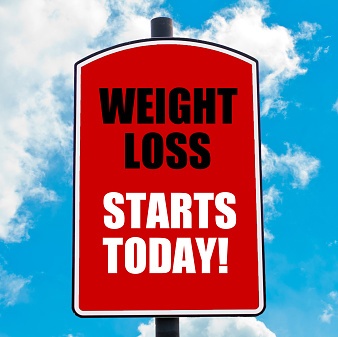 There are so many things in life that can affect different aspects of the human body, and stress is one of the biggest! During a stressful time in life, the body can undergo several physiological changes that can be detrimental to your overall health. Though sometimes we cannot avoid certain stressors that fall into our path of life, there are some things that can be done to help you cope during those times.
There are so many things in life that can affect different aspects of the human body, and stress is one of the biggest! During a stressful time in life, the body can undergo several physiological changes that can be detrimental to your overall health. Though sometimes we cannot avoid certain stressors that fall into our path of life, there are some things that can be done to help you cope during those times.
What Stress Can Do to You
Let’s take a look first at how stress affects the body.
- Sleep: Stress disturbs sleep routines, typically making it hard to fall asleep as the mind wanders, tossing and turning, and constant interrupted rest.
- Upset stomach: Another effect is having a constant feeling of being queasy or nervous.
- Loss of appetite: Along with having an upset stomach, loss of appetite comes with either consistent or high levels of stress.
- Rash: Stress can cause hives, which are a type of skin rash. Be sure during stressful times to take care of your skin by washing and moisturizing.
- Change in eye pressure: When under high amounts of stress, the pressure of your eyes can change, causing something called ocular hypertension, which affects your vision.
- Increase in blood pressure: Whether it’s short-term or long-term stress, spikes in your blood pressure can be detrimental to your overall heart health.
- Increase in resting heart rate: The number of times your heart beats per minute can increase with stress levels and cause your heart to work harder than it normally would.
- Weight loss: Excessive weight loss can come with stress as your body loses its desire to eat.
- Chronic headaches: Anxiety and stress can increase the amount of headaches you get, as well as the intensity.
- Back pain: Each person holds stress in their body in different places, oftentimes residing in the back and neck muscles, making it painful to move.
- Sweating: Stress triggers sweat glands to become more active, causing you to break out in cold sweats (like you are nervous).
- Tremors: Sudden twitches or tremors can be caused by stress, resulting in the contraction or continuous spasm of the muscles.
- Bowel issues: One way or the other, bowel issues can happen when under stress.
Overcoming Stress
Now, I know that sometimes stress is out of our control, but when those times come there is something we can do about it. Exercise is one of the proven ways to keep stress levels low. If you are feeling stressed out, try coming to the gym or fitness center to workout, run or walk, do yoga, or whatever you like to do to help you decompress.
This blog was written by Amanda Bireline, HFS. To find out more about the NIFS bloggers, click here.


 Weight loss tends to be one of the most controversial topics talked about, but I want to take a positive approach. With the new year right here, weight loss tops the list of many people’s New Year’s resolutions.
Weight loss tends to be one of the most controversial topics talked about, but I want to take a positive approach. With the new year right here, weight loss tops the list of many people’s New Year’s resolutions. 
